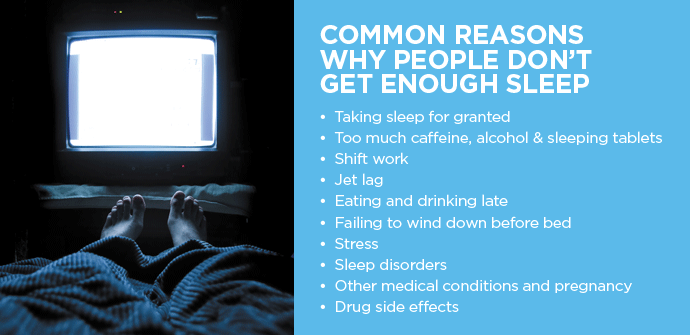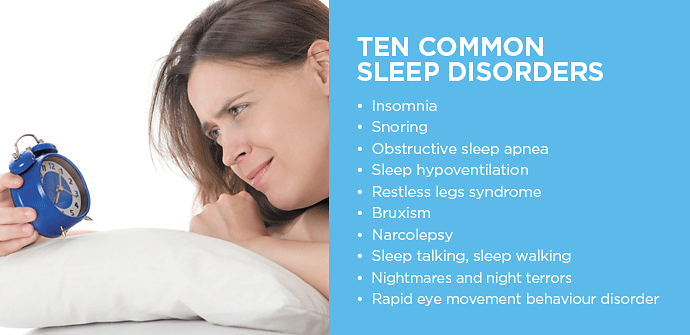Bowel cancer is the fourth most common cancer in the UK. Yet the latest data shows that almost one third of people who were sent an NHS bowel cancer screening kit in England last year did not go on to complete it. Early diagnosis is vital, as detecting bowel cancer at the earliest stage makes you up to 9 times more likely to be successfully treated.
Anyone aged between 56 and 74 is eligible for a bowel cancer screening kit, and this is how it works:
A home test kit, called a faecal immunochemical test (FIT test for short) that will be sent to your address,
You collect a small sample of poo on a small plastic stick and put it into the sample bottle and send it back to the lab for testing (there are instructions with the kit)
The lab will test the poo sample for tiny amounts of blood.
Your test result should be posted to you within 2 weeks of sending off your kit.
Your test results, explained
There are two types of result:
No further tests needed
This result means no blood was found in your poo sample, or only a tiny amount was found. You do not need to do anything at this time and you will be invited to do another screening test in 2 years (if you are still under 75 by then)
This is not a guarantee that you don’t have bowel cancer, see your GP if you get symptoms, even if you have already done a kit. Around 98 in 100 people do not need further tests.
Further tests needed
This result means blood was found in your poo sample, you do not necessarily have bowel cancer (the blood could be a result of something like piles) but you’ll be offered an appointment to talk about having a test called a colonoscopy to look for the cause of the bleeding. A colonoscopy is where a thin tube with a camera inside is passed into your bottom to look for the signs of bowel cancer.
Read a leaflet about the colonoscopy test on GOV.UK
Blood in your poo can be a sign of polyps or bowel cancer. Polyps are growths in the bowel. They are not cancer, but they may turn into cancer over time.
If the FIT test finds anything unusual, you might be asked to go to the hospital to have further tests to either confirm or rule out cancer.
The main symptoms of bowel cancer are:
Changes in your poo, such as having softer poo, diarrhoea or constipation that is not usual for you
Needing to poo more or less often that usual for you
Blood in your poo, which may look red or black
Bleeding from your bottom
Often feeling like you need to poo, even if you’ve just been to the toilet
Tummy pain
Bloating
Losing weight without trying
Feeling very tired for no reason
Always see your GP if you have symptoms of bowel cancer at any age, even if you have recently completed an NHS bowel cancer screening test - do not wait to have a screening test.
How do you get a home test kit?
Everyone aged 60-74 years who is registered with a GP and lives in England with automatically get sent a bowel screening kit every 2 years.
The programme is expanding so that everyone aged 50-59 years will be eligible for screening, this has been happening gradually since April 2021, starting with 56 year olds. The programme has also started to include 58 year olds, so you may get a test before you turn 60.
If you’re 75+ you can ask for a kit every 2 years by calling the free bowel cancer screening helpline on
If you’re sent a kit, put it by the loo. Don’t put if off!























